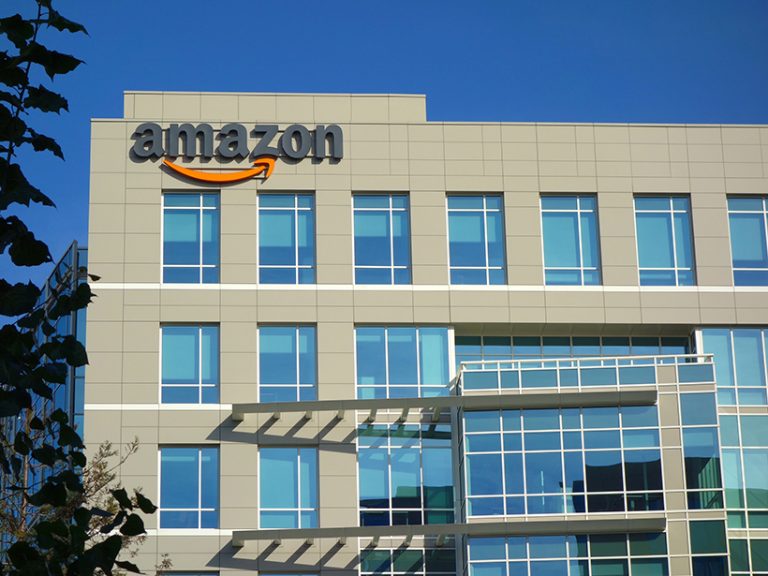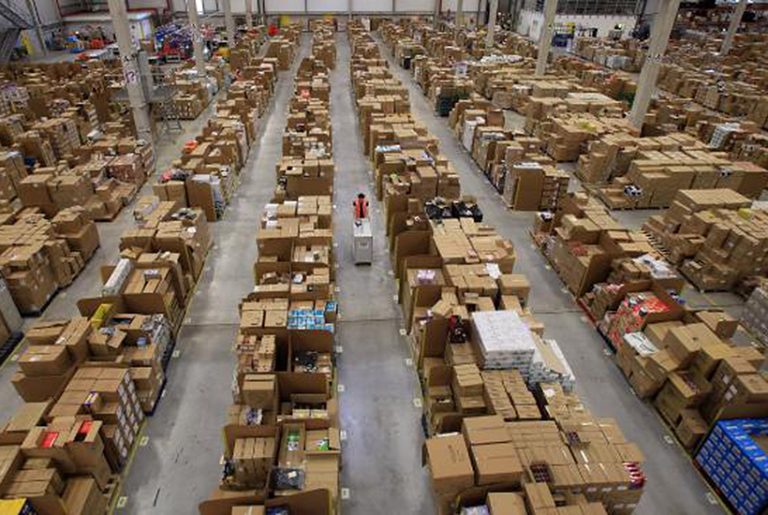Amazon Prime poses biggest threat to JB Hi-Fi, Harvey Norman

Amazon Prime poses a high risk to the earnings of JB Hi-Fi and Harvey Norman, according to analysts at Citibank.
Online retail giant Amazon launched its Prime service in Australia on Tuesday, meaning shoppers will receive free delivery on eligible items and goods will arrive in two business days.
“Over time, Amazon will drive higher online penetration at less favourable online economics for competing retailers,” Citi analysts say.
Commercial Insights: Subscribe to receive the latest news and updates
“Combined with a slowing housing market and elevated price competition, earnings risks are significant for JB Hi-Fi and Harvey Norman.”
At $6.99 a month or $59 a year, the cost of the Prime service is below expectations and relatively lower than it is in other markets, Citi analysts say.
Amazon Prime in the US costs $US12.99 ($9.63) a month or $US119 a year.
Though Citi anticipates Amazon will disrupt existing electronics retailers, the impact will be determined by Amazon’s execution of the service, analysts say.

Harvey Norman will face stiff competition from Amazon Prime in the coming years.
“Like any retail business, attractive prices, the right range and good service will determine success,” they say.
“On paper, Amazon has competitive prices, a very wide range and attractive delivery terms.
“In practice, the extent of the Amazon impact will be determined by a more compelling range of first party product and maintaining their low price position, as well as executing on its 2-day delivery proposition.”
It comes after Amazon said it would block Australian shoppers from using its US and UK sites ahead of GST changes on July 1, meaning items of any value bought from overseas would be taxed.
GST had previously only applied to items worth more than $1000.
Amazon launched a local site just prior to Christmas last year but the launch fell short of expectations, with a patchy range of products. Citibank analysts said the site’s range has remained fairly limited.
“At the current stage of development, Amazon is most disruptive with first party supply from well-known brands,” the analysts say.
“We consider this to be more advanced in the toys, video games, and small kitchen appliances categories.
“First party supply is limited in shoes and apparel.”
This article originally appeared on www.theaustralian.com.au/property.






